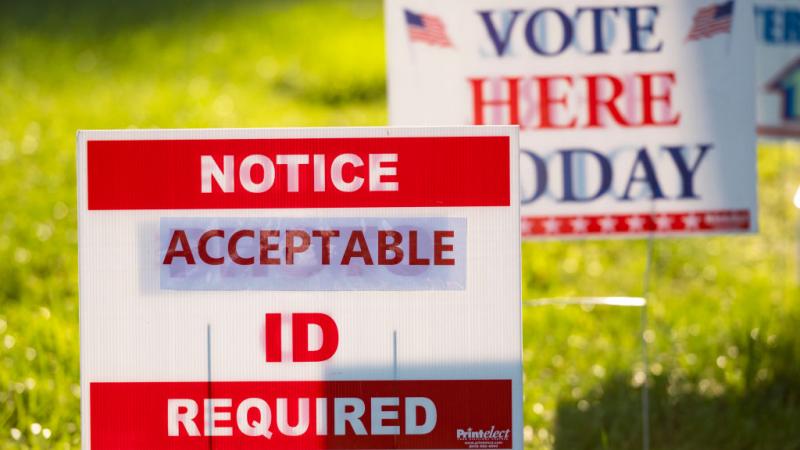Supreme Court considers Internet liability in possible landmark case involving Twitter
Ruling could upend how online companies are prosecuted.
The Supreme Court on Wednesday considered a possible major overhaul of existing Internet regulation, raising the possibility that companies may face significantly more liability for content poster on their servers.
At issue before the Court is a complaint brought by the family of Nawras Alassaf, who was killed during an ISIS terrorist attack in 2017 in Istanbul. The plaintiffs have asserted that social media platforms such as Twitter should be held partly responsible for such tragedies if they fail to properly police terrorist content on their servers.
U.S. statutory law—specifically Section 230 of the Communications Decency Act—has for years given Internet companies broad immunity for third-party content posted to their servers.
Twitter on Wednesday argued before the Court that it cannot be held liable for terrorist-related content on its severs if it is unaware of the material benefit that content offers the terrorists themselves.
"You have to know that you are providing substantial assistance to an act of international terrorism," Seth Waxman, an attorney for Twitter, told the justices, arguing that there exists a "gulf" between general services given to a terrorist and services given that specifically aid the terrorism in question.
"I don't know that I see clearly that distinction," Justice Ketanji Brown Jackson said in response.















